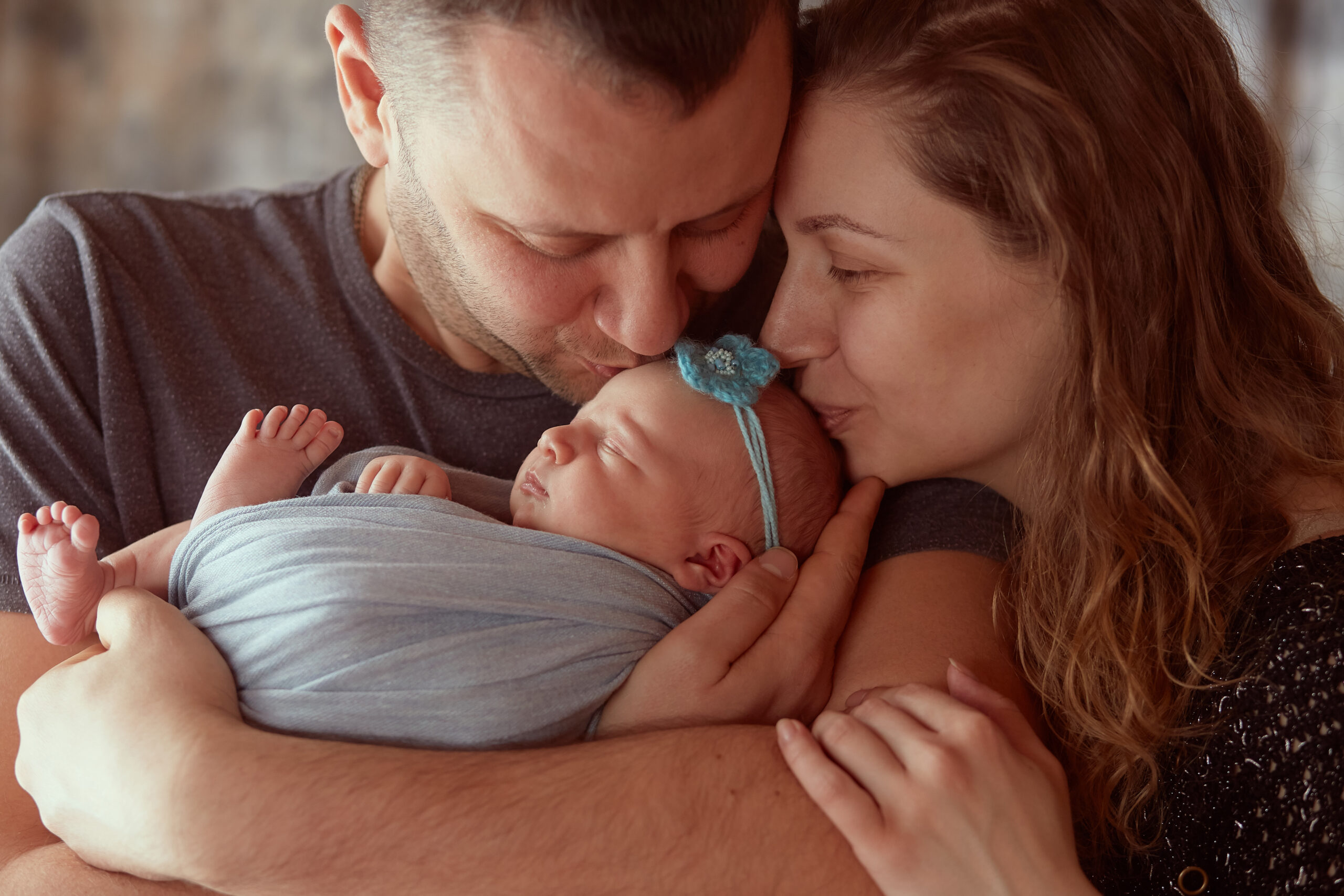
Regardless of the size of your estate, most people will agree that they would prefer to decide how their assets will be distributed on their death, as well as ensure the administration of their estate is not unnecessarily burdensome on their family.
A comprehensive estate plan includes a number of important considerations including a Will, Enduring Power of Attorney, Advanced Health Directive, Superannuation Death Benefit Nomination, and structuring of companies and trusts.
That said, a current and valid Will is the foundation of a good estate plan and a necessity for any person who wants to:
- Determine how their estate will be distributed;
- Make gifts or donations;
- Appoint a guardian for minor children;
- Reduce the conflict, stress, financial and legal burden for their family; and
- Minimise tax.
Intestacy
Without a valid Will, the laws of intestacy apply, which means that your estate will be distributed in accordance with the legislation and not necessarily in accordance with your wishes. Further, your family may be required to undergo a more complex, lengthy and financially burdensome probate process in order to administer your estate. These issues can easily be avoided by making a Will.
To ensure that you have a valid Will and your assets are distributed in accordance with your wishes, it is vital that you seek legal advice. HPartners Legal assists clients with legal advice and estate planning services for a discounted fixed fee. You can contact HPartners Legal on 1300 736 435 for more information.
Making a Will
There are many things to consider when preparing a Will, including (but not limited to) the following:
1. Who to appoint as executor(s) – the executor of your estate is a responsible for distributing your assets in accordance with your Will. It is important that you appoint a person that you trust and who will likely survive you. It is often prudent to appoint a substitute or co-executor to avoid complexities where your primary executor does not survive you or is unable to act as executor for whatever reason.
2. If applicable, who you will appoint as guardian(s) of minor children – if you have children under 18 years of age, it is important for you to consider who you wish to appoint as their guardian in the event that you and your spouse both die. If you do not appoint a guardian, a court will appoint a guardian who you would not necessarily have chosen.
3. Who to have as your beneficiaries – you will need to consider who you wish to nominate as your beneficiaries. Typically, a person who is married or in a de-facto relationship will leave the residue of their state to their spouse or partners. If that person has children and their spouse or partners predeceased the, then the residue will usually go to the children in equal shares and so on. If you decide to distribute your estate in a different way, your spouse, partner, children or other eligible person, may be able to make a family provision claim.
4. If you wish to gift specific assets to beneficiaries – you can only gift assets held personally. If you do not own the asset on your death, the gift will fail.
5. If you require a testamentary trust – a testamentary trust is a trust established under a valid will and can give the trustee a range of discretions, including to distribute income and capital to nominated beneficiaries at any time in any proportion. There are many benefits of a testamentary trust, including flexibility and protection of assets. Types of trusts include right of residence trust, life interest trust and protected trust, among others.
6. If you wish to give money to a charity.
7. If you want to give any funeral directions – most commonly, this will involve considering whether you wish to be buried or cremated.
8. If you want to donate your tissue and organs – while you do not need to specify this in your Will, many people choose to do so.
Valid Will
Generally speaking, in order for a Will to be valid you must be at least 18 years old and have capacity. Further, the Will must be in writing and witnessed in accordance with the legislation.
Reviewing your Will
If you already have a Will, it is prudent to review your will every couple of years to make sure that it reflects your wishes. This is especially important if your circumstances have changed since the Will was initially drafted (e.g. relationship status has changed, assets have changed, you have a child or children or a person mentioned in your Will has died).
Contact us
HPartners Legal can assist you with your estate plan. We have an expert team of professionals who can offer a wealth of information and give tailored advice on the best estate planning options for your circumstances. Please contact us on 1300 736 435 to discuss your estate plan.
Latest News Articles
Back to Latest News
End-of-Year Money Checklist: 10 Things To Do Before NYE

Redundancies in Australia Rising Quietly in White-Collar Sectors


